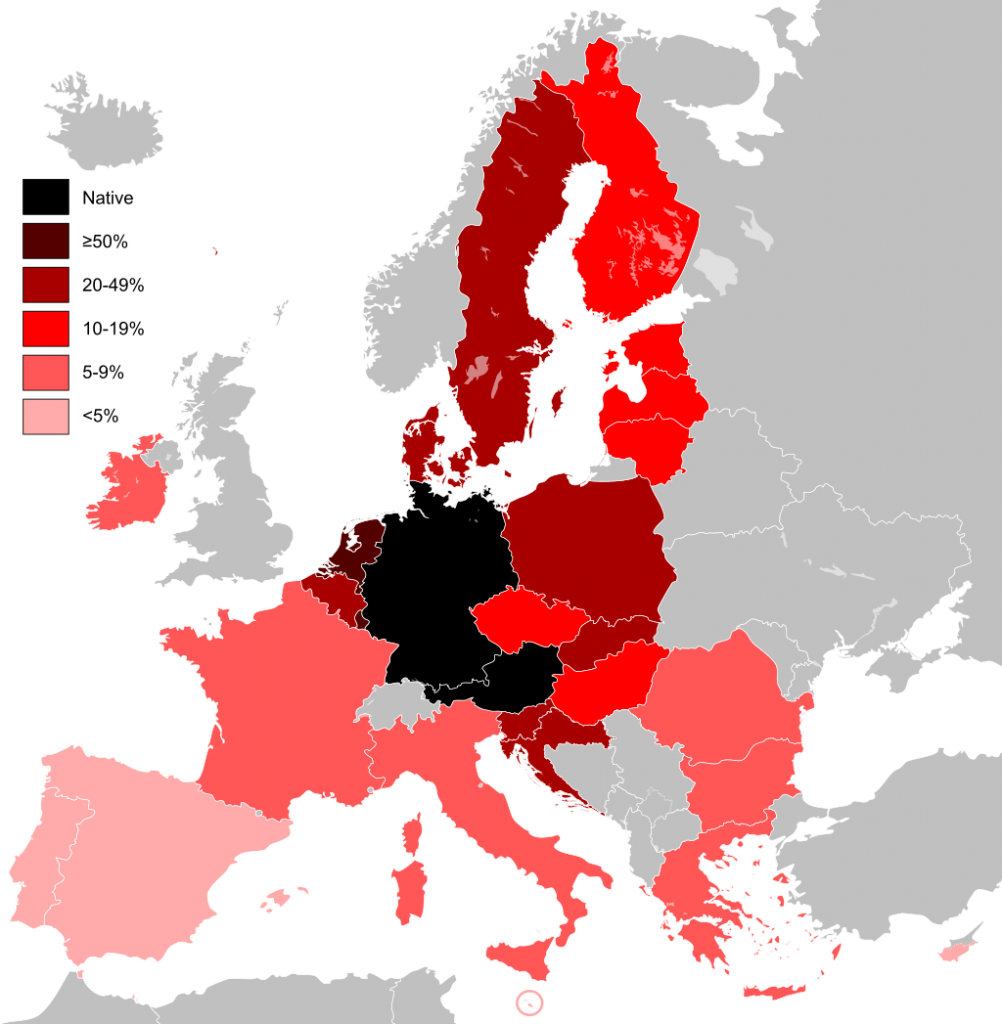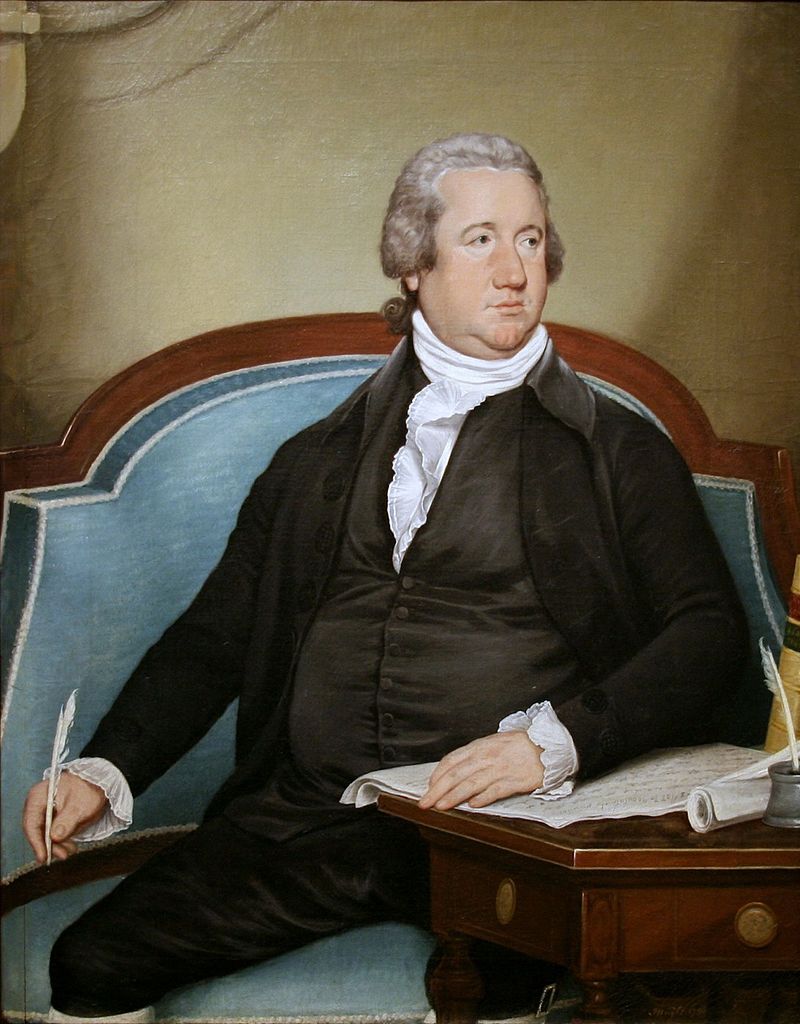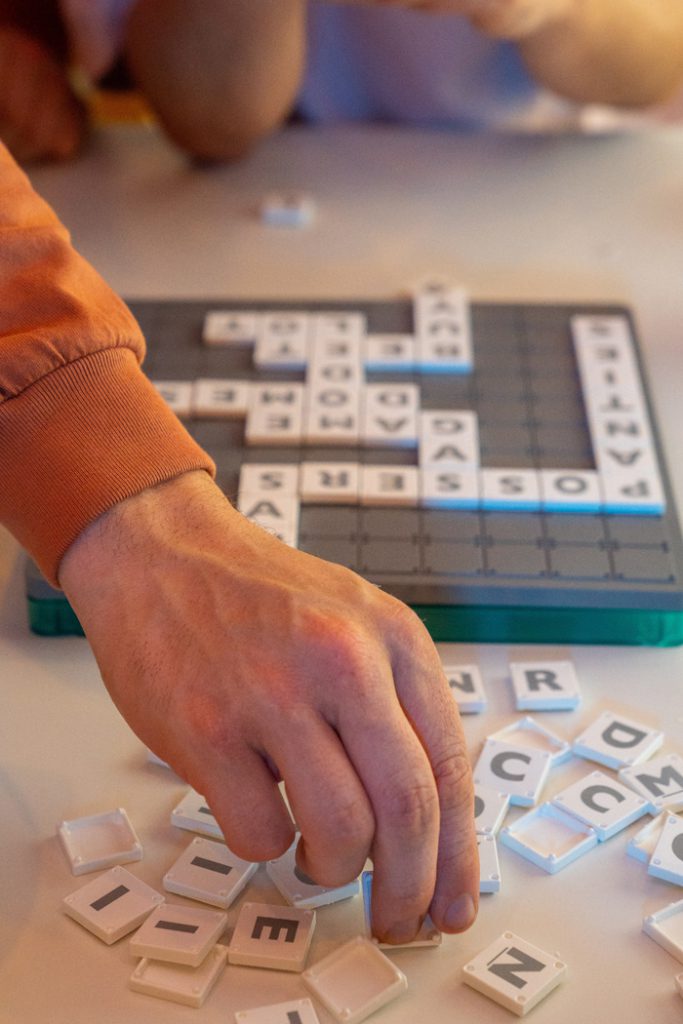Blog
2021.09.06
German language
5 Interesting Facts About the German Language. Number 4 might surprise you.
After we introduced some interesting facts about Japanese in a previous article we would now like to talk about interesting facts regarding the German language. Do you know all of these?
1. German is not only spoken in Germany
Did you know that German is the language with the most native speakers in the EU and the second most spoken language when considering foreign languages? 20% of the EU population are German native speakers and 16% speak German as a foreign language.
German is the official or co-official language in Germany, Austria, Switzerland, Liechtenstein, and the Italian province of South Tyrol.

(Graphic by Alphaton – CC BY-SA 3.0)
2. German is famous for its extensive use of long words
In German, it is common to put nouns together to form a new word. For example, coffee cup would be “Kaffeetasse” in German without a space in between the words. Especially when it comes to legal terms the names of certain laws can get rather long. The longest word in the German Duden, a dictionary for German grammar and spelling is,
“Grundstücksverkehrsgenehmigungszuständigkeitsübertragungsverordnung” with 67 letters. It is a law that regulates the delegation of authority concerning land conveyance permissions, real estate transaction permit competence transfer ordinance.
3. The German language has three grammatical genders
In a lot of Romance languages, nouns are either female or male. That makes it hard for example for English and Japanese natives to learn these languages as in English and Japanese nouns usually do not have a gender. In German, there also is the possibility of a noun being neutral so there are three genders. Interestingly the German word for girl “Mädchen” is neutral. As there are only a few rules that help to determine the gender foreign language learners need to memorize the gender of the nouns.
According to the Duden statistics, the female article “die” is used most often with 46%, the male article “der” is used for 34% of nouns and the neutral “das” for 20%. Most nouns only have one article but there a few that can be used with two articles or even all three, for example, “Spam” and “Joghurt”.
4. According to a legend German would almost have been the official language of the United States

Portrait of Frederick Muhlenberg
According to the Muhlenberg legend the single vote of Frederick Muhlenberg, the first-ever Speaker of the US House of Representatives, prevented German from becoming an official language of the United States. According to the legend in a vote to decide the official language there was a draw between German and English. The speaker decided for English.
However, the United States do not have an official language. English is only used on a de facto basis. There never was a vote in the United States about the official language. But at times, various states have passed their own official language laws.
5. E is the most common letter in German
With a usage of 16%, E is the most used letter in German. The same is true for English, Spanish and French but the percentage is smaller than in German. In Polish for example the A is the most used letter. The same is true for English, Spanish and French but the percentage is smaller than in German. In Polish for example the A is the most used letter.
The E is found in the male article “der” and the female article “die”, as well as in all three indefinite articles “ein”, “einer” and “eine”. Additionally, German verbs end with the syllable “-en”. So, it is not surprising that E is used a lot. In the German version of scrabble, E only gets you one point whereas the letter Q that is the least used letter in German gets you 15 points.

We hope you found some of the facts interesting and enjoyed the article. transeuro employs expert native translators for both the German and the Japanese languages. If you need a translation in either of these languages, we will be happy to support you.



Leave a Reply